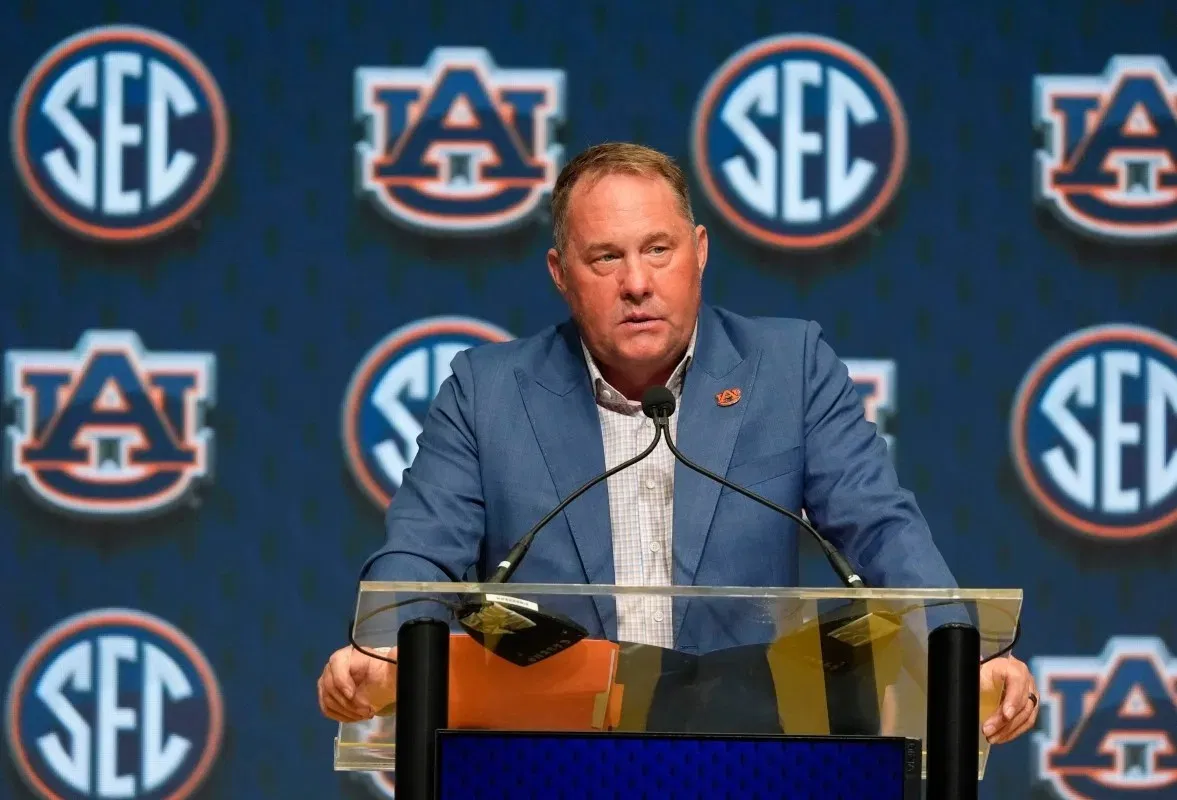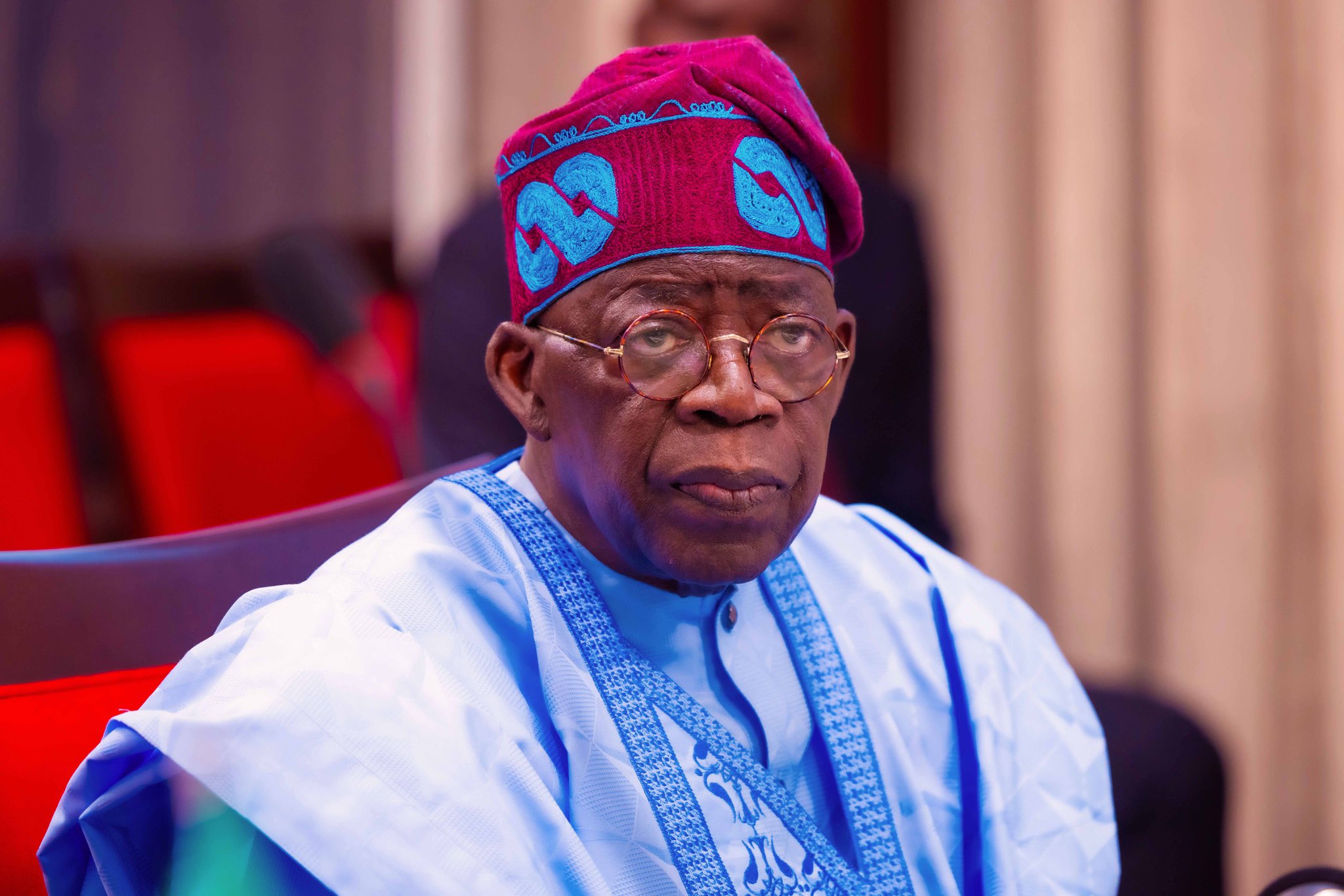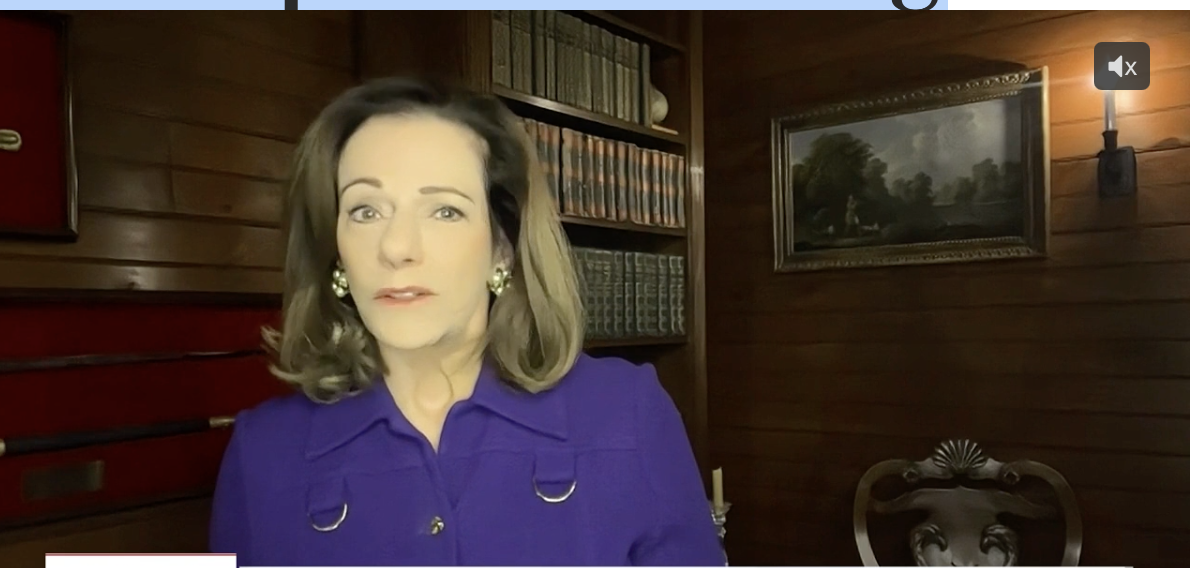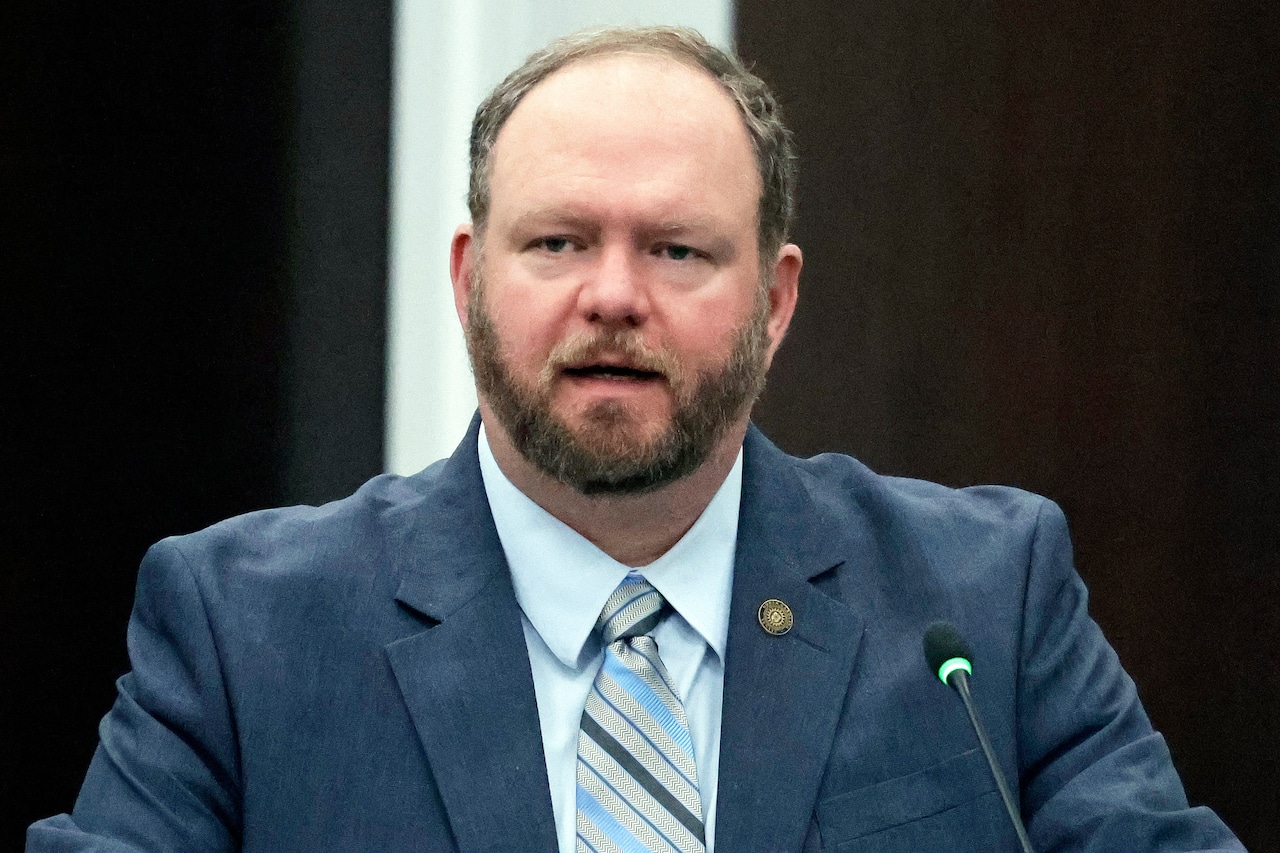Copyright time

This is where the gap between rhetoric and policy reveals something profound. Where the gap is large, there are two options for closing it: either shift the rhetoric to align with policy or shift policy to align with the rhetoric. But the hypocrisy never goes away entirely. It is only a question of degree. Paradoxically, hypocrisy is a necessary component of a moral life. It's also a necessary part of life in a democracy. In a democracy, if you tell voters you're doing something out of naked self-interest, they're probably not going to support you. Voters want to feel like the good of the country is being considered. We all want to be moved to something larger than ourselves. The language of inspiration is the mark of any great politician, even if it's ultimately performative. At their core, liberal democracies run on a certain kind of faith that the common good can be discovered through discussion and deliberation. In the real world, however, politics is marked by tradeoffs. These tradeoffs require prioritizing some people’s interests over others. It would be a cruel and cynical world if we simply accepted this as the cost of doing business. Hypocrisy allows us to maintain pretenses. The pretense reminds us that we’re capable of being better—and, more to the point, that we should be better. “Ironically,” the political scientist Ruth Grant writes, “the frequency of hypocrisy in politics testifies to the strength of the moral impulse in public life.”



